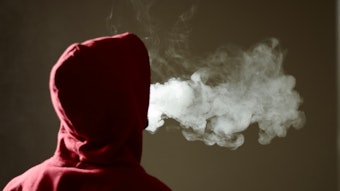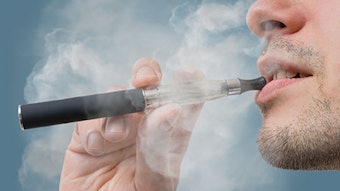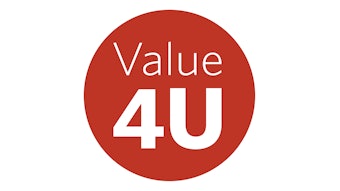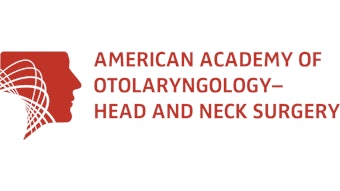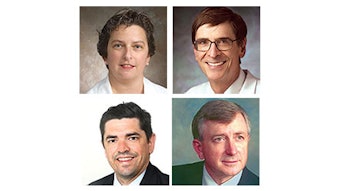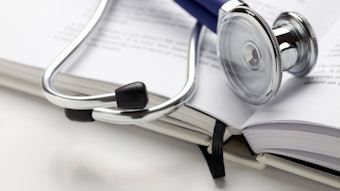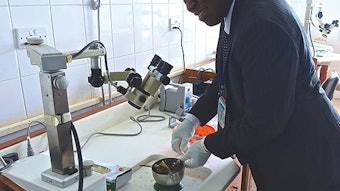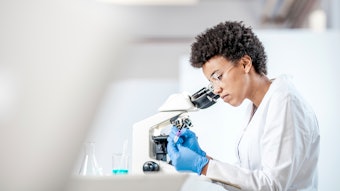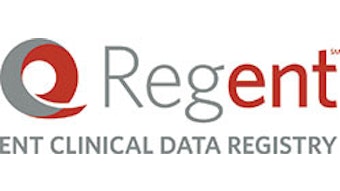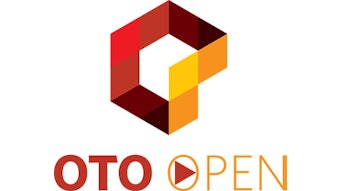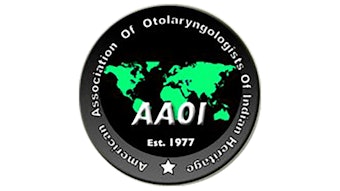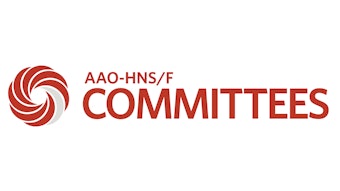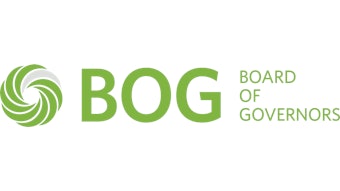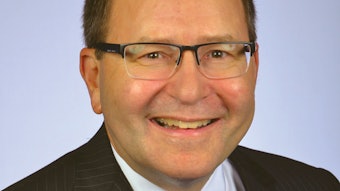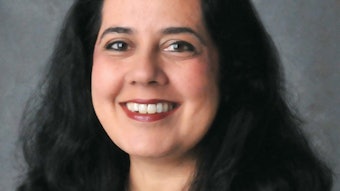Support valuable HTB research
Dr. Michael Paparella has put his money where his mouth is as is outlined in his plea in the third column. He has begun a fund of $500,000 at the AAO-HNS/F dedicated to furthering HTB research. But even that apparently large sum is not enough to maintain the labs that we need.
Sujana S. Chandrasekhar, MD
Dr. Michael Paparella has put his money where his mouth is as is outlined in his article, “Temporal bone histopathology labs in danger of extinction“. He has begun a fund of $500,000 at the AAO-HNS/F dedicated to furthering HTB research. But even that apparently large sum is not enough to maintain the labs that we need. Additionally, a group that includes him, Richard A. Chole, MD, PhD, and Michael J. McKenna, MD, as well as Academy leadership have been engaging Congress to encourage the National Institutes of Health (NIH) to fund ongoing HTB labs.
We were very fortunate in the response from U.S. Sen. Bill Cassidy, MD, (R-LA), who facilitated the inclusion of the following “Report Language” to accompany the Senate Labor, HHS, and Education Appropriations bill that was passed by the full Senate Appropriations Committee on June 9, 2016: “The Committee is concerned that research in the study of human temporal bone tissues may be jeopardized by the loss of technical and pathological expertise in this field. Active temporal bone laboratories are largely responsible for the pathologic characterizations of many of the diseases that are treated on a frequent basis, including otosclerosis, Meniere’s disease and chronic otitis media. However, there are other disorders for which the pathology has not been well characterized and the need remains for the active participation of multiple laboratories to develop new techniques to allow for molecular investigations that have not been possible in the past. The Committee urges NIDCD to work with the otolaryngology community to facilitate new and innovative therapies that examine the pathology of the ear and to ensure that hypothesis driven research is retained in pathology centers.”
Temporal bone labs that focus on the pathology of genetic and other disorders that impact hearing and balance are needed now more than ever. We have merely scratched the surface in understanding pathology of various ear diseases and much more needs to be done.
What can you do?
- Please be aware of this crisis, inform your colleagues, and contact your Congressional representative and senators, asking them to communicate with NIH regarding this crisis. An example letter is accessible at www.entnet.org/advocacy.
- Please consider making a financial contribution now, or in your estate plan, and contribute to the Academy’s Paparella Fund for Human Temporal Bone Research. Contact development@entnet.org for information.
